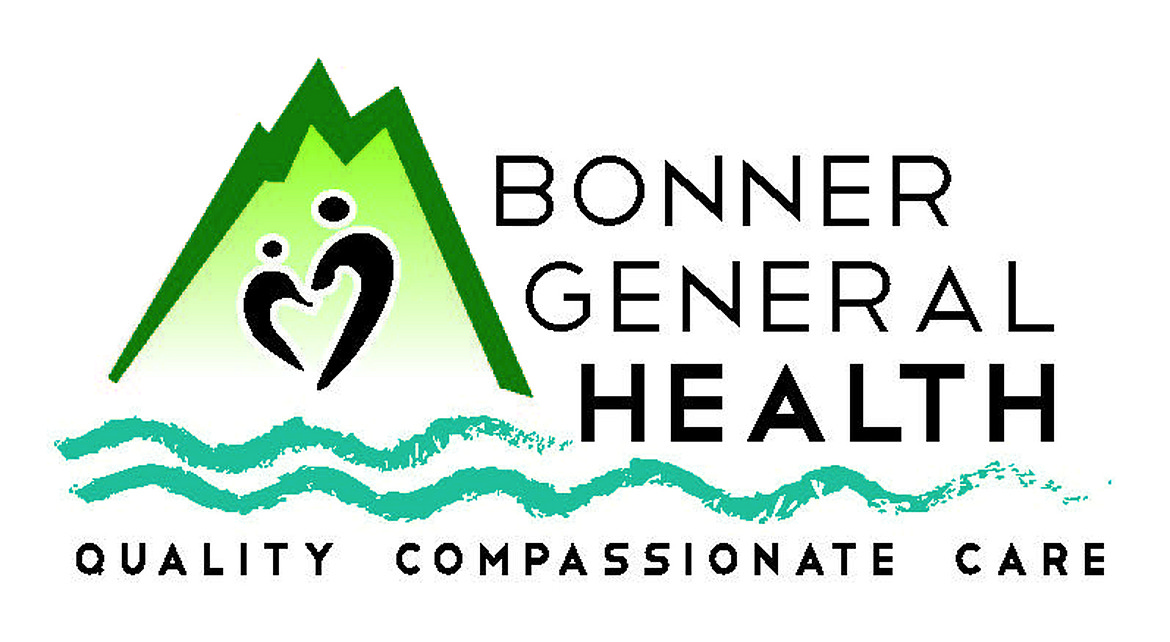Why your baby shouldn’t take a baby aspirin
KATHY HUBBARD Contributing Writer | Bonner County Daily Bee | UPDATED 1 year, 9 months AGO
My aspirin bottle label says in fairly large lettering, “Not packaged for households with small children.” I can’t tell you why I just noticed that, but I’ve often read that children shouldn’t take aspirin. However, I never asked why.
But, recently when a friend of mine said that she took a “baby aspirin” every day, it piqued my curiosity. Why shouldn’t a baby take a medication named after them? To be fair, pharmaceutical companies no longer call the 81-milligram aspirin “baby.” It’s now known as low dose but that didn’t stop me from researching Reye’s syndrome.
Mayo Clinic explains that Reye’s syndrome (RS) is a “rare but serious condition that causes swelling in the liver and brain. Reye’s syndrome can occur at any age but usually affects children and teenagers after a viral infection, most commonly the flu or chickenpox.”
The first occurrence of the syndrome was reported in 1929, but it was in 1963 that Douglas Reye along with fellow physicians Graeme Morgan and Jim Baral published their findings of the syndrome in the Lancet and named it after Reye.
Wikipedia reports, “In 1979, Karen Starko and colleagues conducted a case-control study in Phoenix, Arizona, and found the first statistically significant link between aspirin use and Reye syndrome.”
And it’s not just aspirin. It’s any medication that contains salicylates which makes it very important that parents read the labels of any over-the-counter drugs that their children take when experiencing a virus infection. For instance, Pepto Bismol contains bismuth subsalicylate, a derivative of aspirin.
Most of the research says that children under sixteen shouldn’t take aspirin or salicylates. Some articles I read said under twelve and others said teens under nineteen while most just said infants to teenagers. Your best resource is your child’s pediatrician.
“In Reye’s syndrome, a child’s blood sugar usually drops while levels of ammonia and acidity in the blood rises,” Mayo explains. “The liver also may swell, and fats may build up. Swelling may occur in the brain. This can cause seizures, convulsions, or loss of consciousness.”
Mayo says that the onset of RS symptoms may occur between three to five days after the start of a viral infection. Children under two may have diarrhea or rapid breathing. Older children and teens may also have diarrhea with vomiting that doesn’t stop and sleepiness or sluggishness.
“As the condition progresses, symptoms may become more serious, including irritable, aggressive, or irrational behavior; confusion or seeing or hearing things that aren’t there; weakness in the arms and legs or not being able to move them; seizures; excessive sluggishness; decreased level of consciousness. These symptoms need emergency treatment,” Mayo says.
I repeat, Reye’s syndrome is a medical emergency. Early diagnosis and treatment are crucial. It can be life-threatening. It can cause permanent brain damage. The child could go into a coma. If your child displays any symptoms of RS call 911 or take him or her to the emergency department immediately.
“As doctors have gotten better at diagnosing Reye’s syndrome quickly and early, the death rate has dropped from around 50 percent to less than 20 percent. This means that most children and teenagers who get the syndrome survive and recover completely,” WebMD says.
I want to reiterate that this syndrome is rare. Cleveland Clinic says that an estimated two children in the United States will be diagnosed with RS each year.
“The frequency of Reye’s syndrome declined because of heightened awareness of the condition. If your child is sick, don’t give them aspirin to treat their symptoms,” they say.
But there’s a caveat here. Your pediatrician may prescribe aspirin for specific chronic diseases such as Kawasaki disease (a febrile illness) which may need long-term treatment with medications that contain salicylates. Mayo says that if that’s the case, you should make sure your child’s vaccinations are up to date.
Even if your child doesn’t have a chronic condition, two doses of the chickenpox vaccine and yearly flu shots will go a long way to preventing your child from getting Reye’s syndrome and, of course, the flu or chickenpox.
Kathy Hubbard is a member of Bonner General Health Foundation Advisory Council. She can be reached at kathyleehubbard@yahoo.com.




